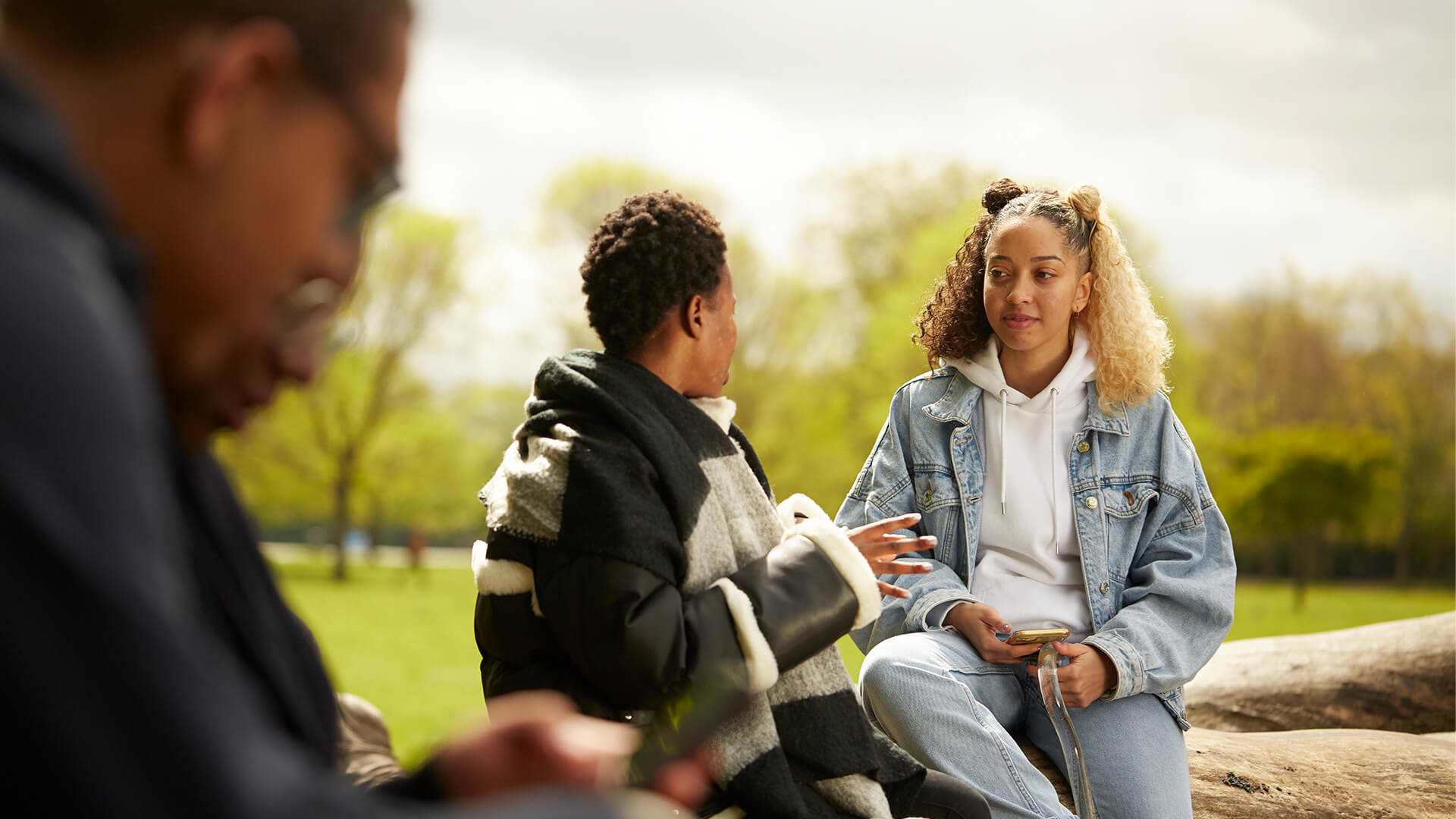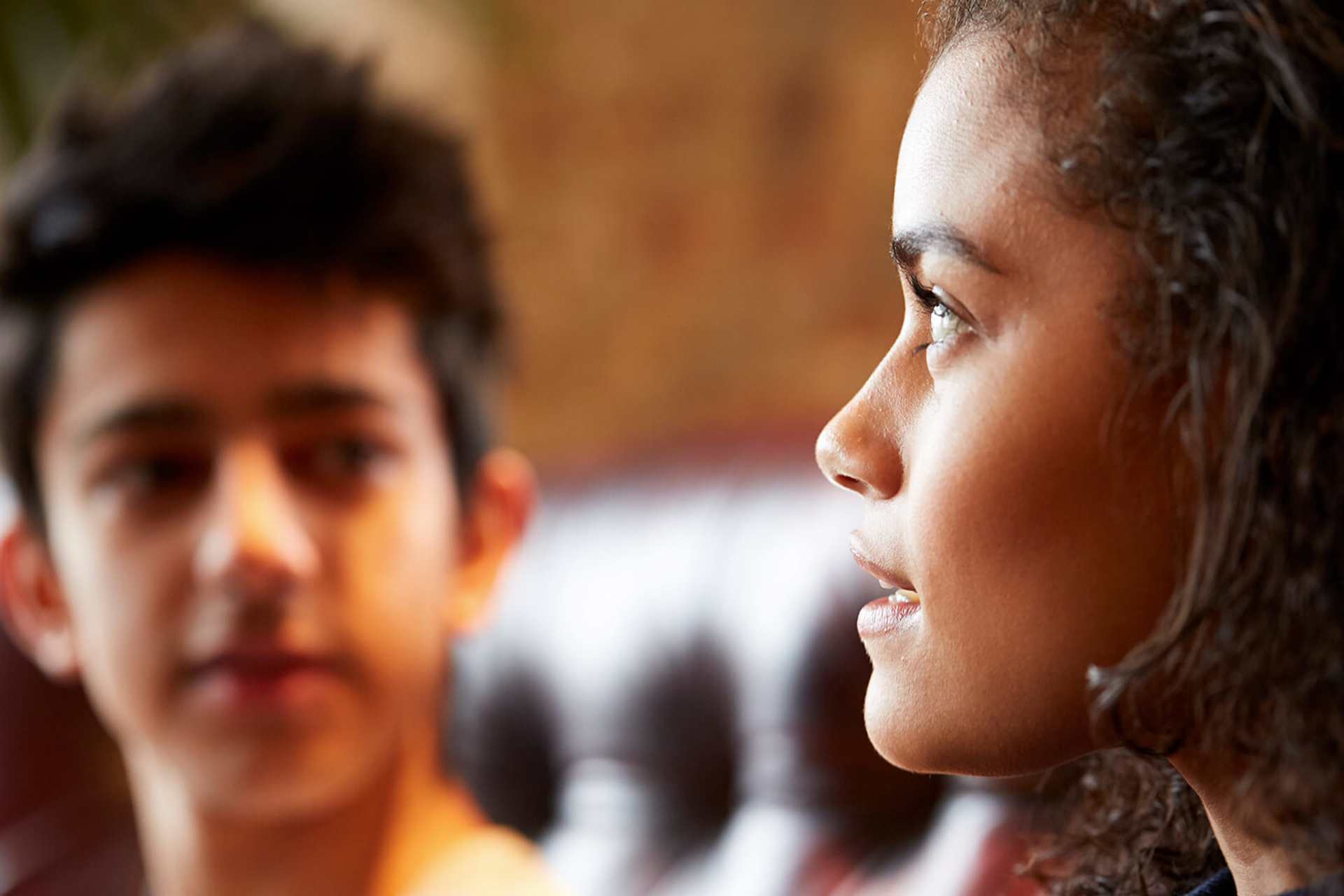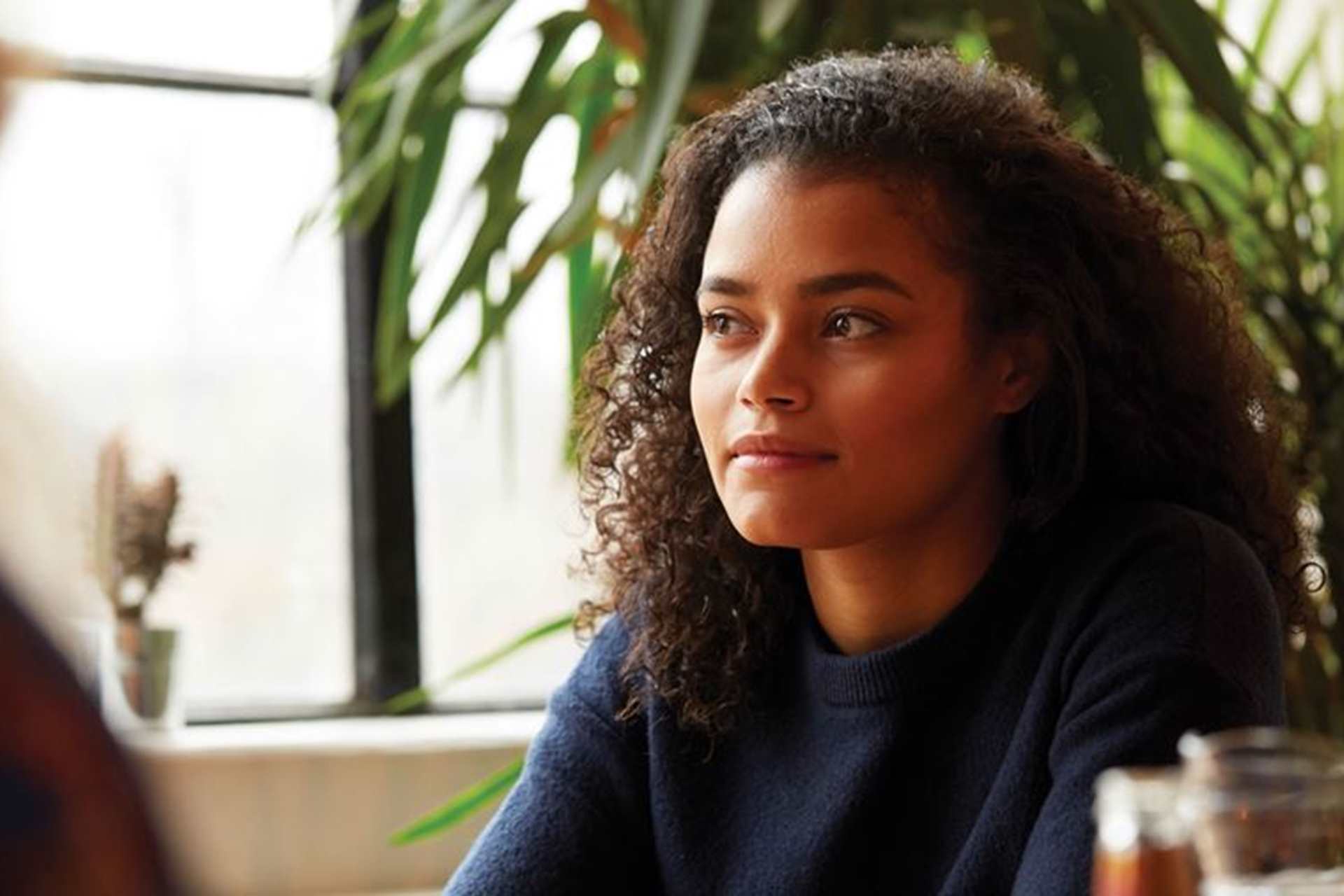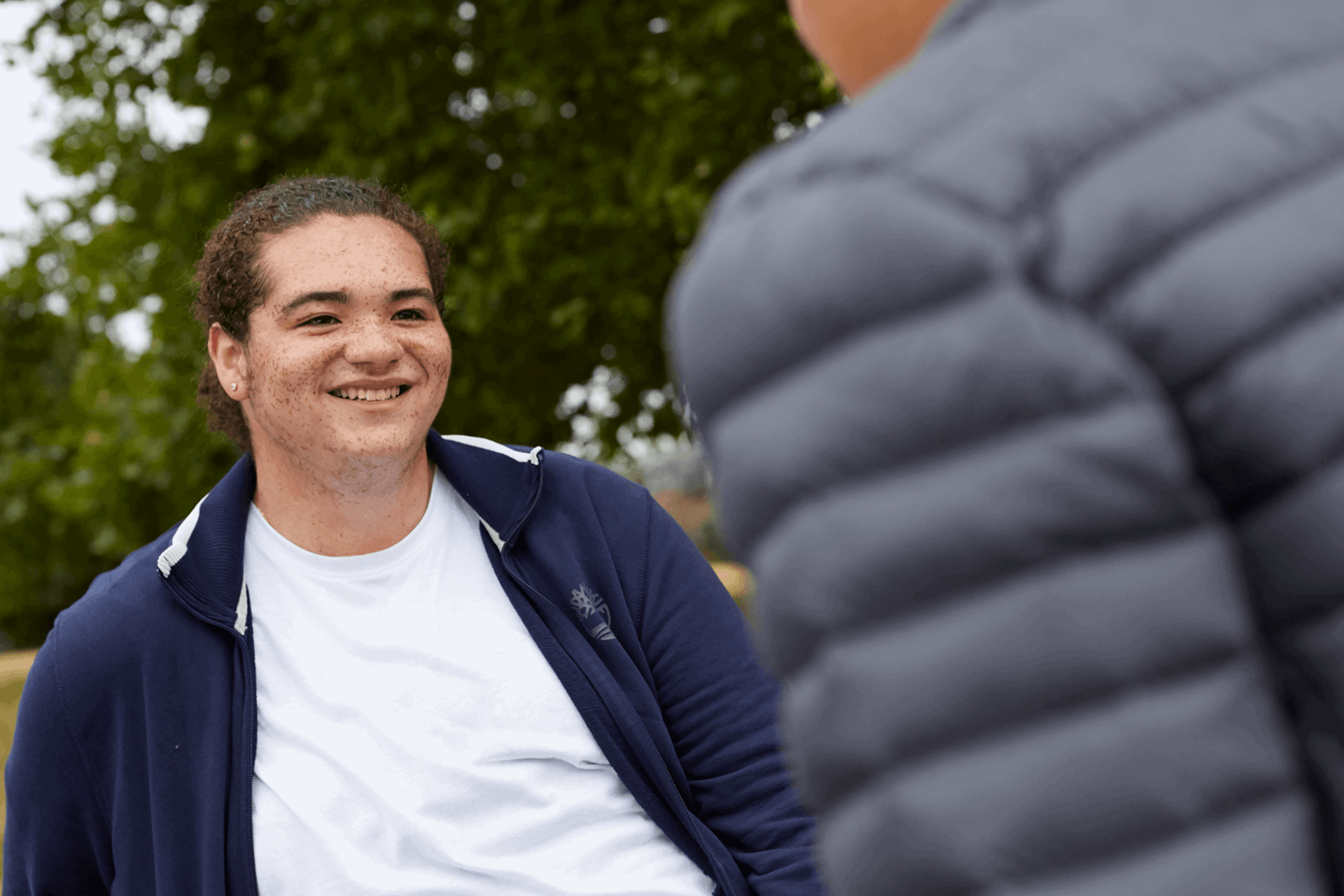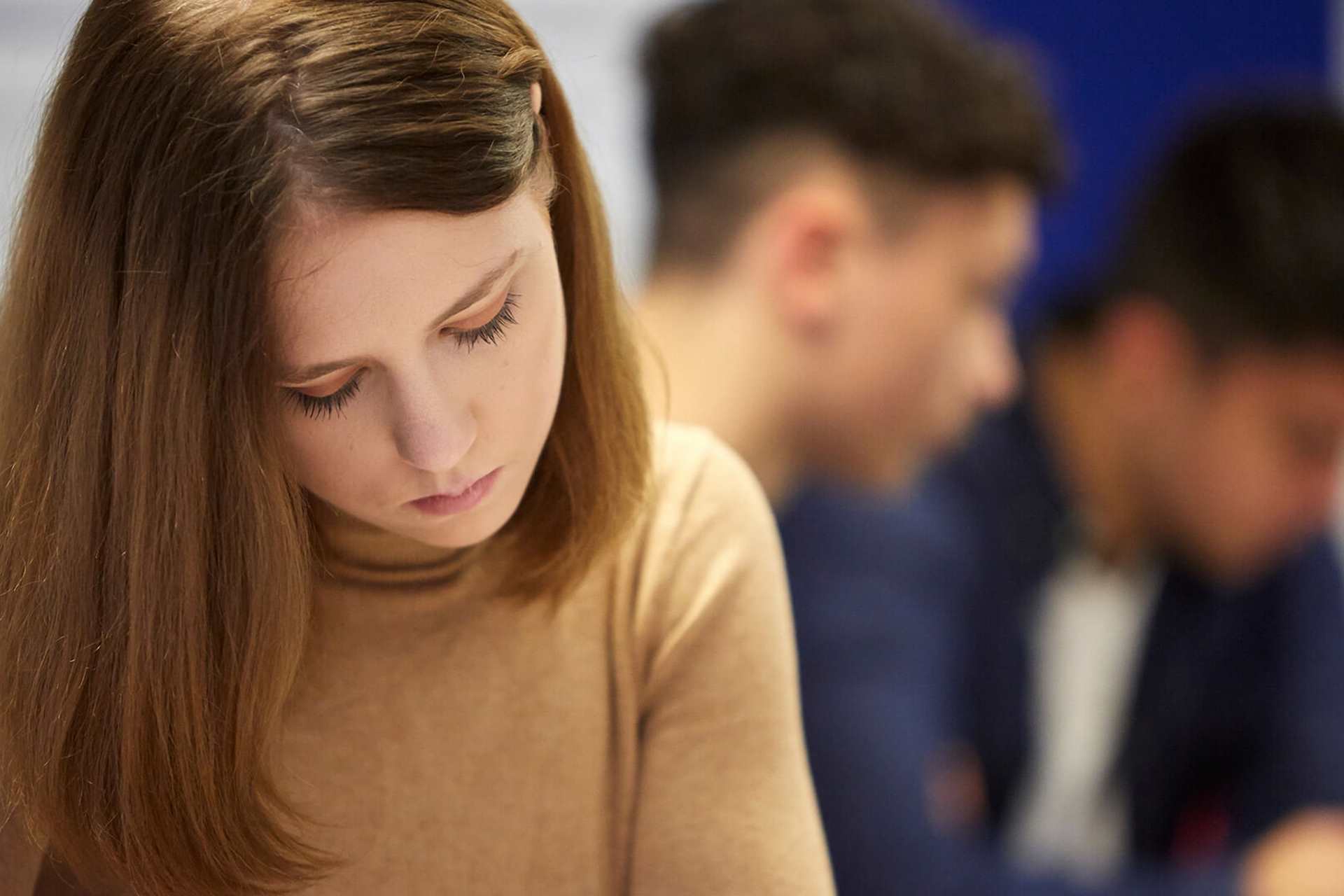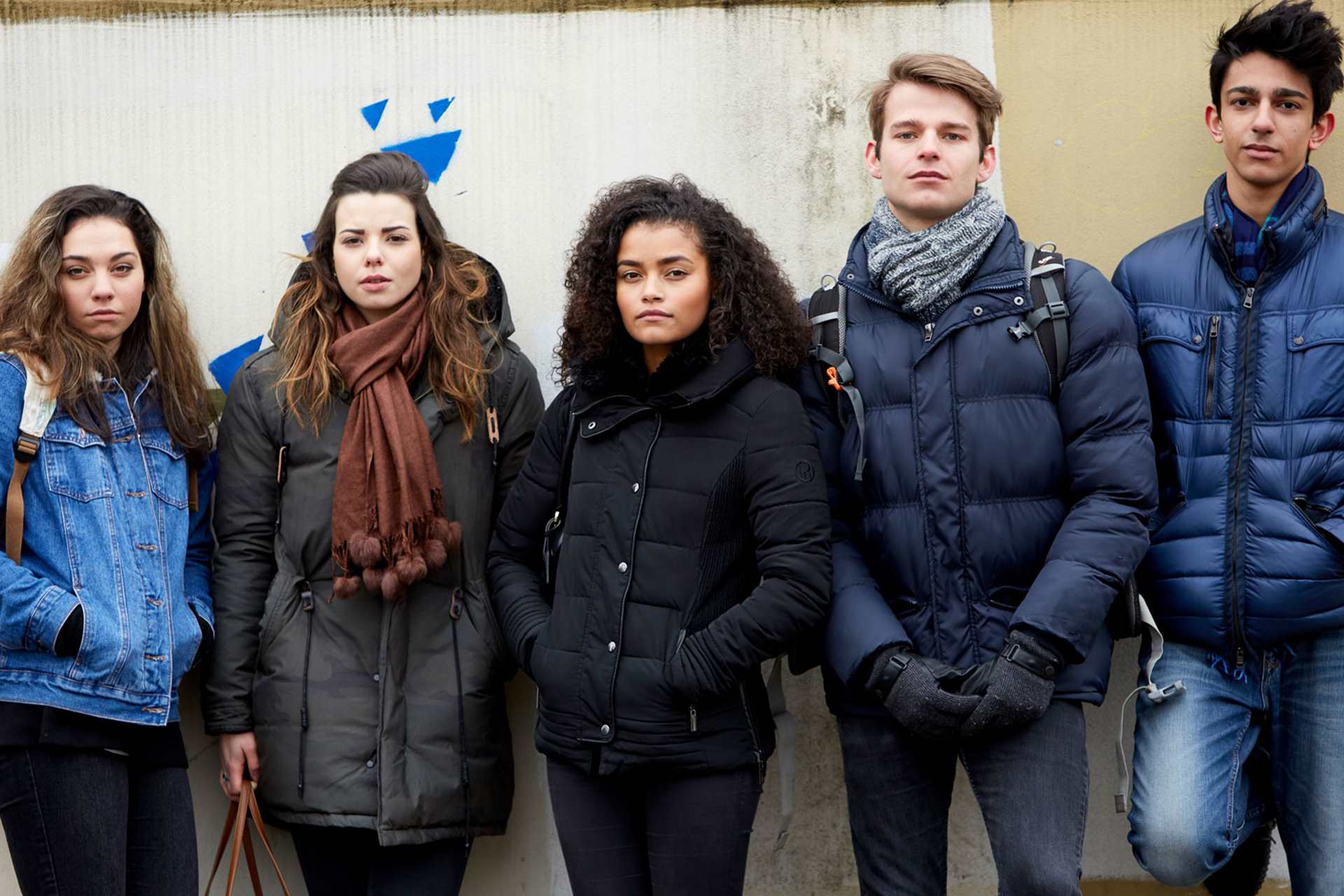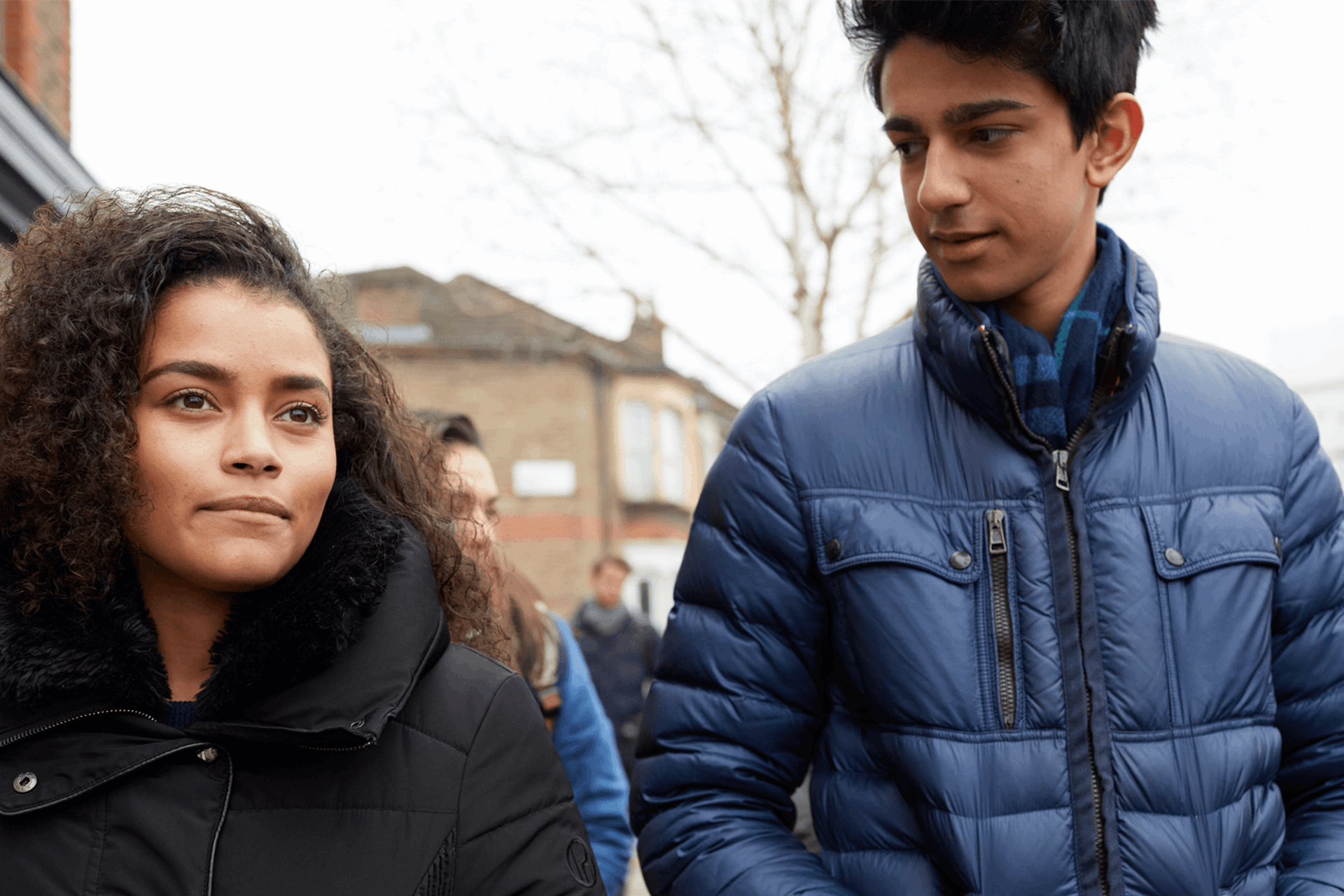Topics mentioned: climate change, anxiety
About: One of our bloggers explains why she is worried about global warming and climate breakdown, and shares her tips for coping with climate anxiety.
Whenever I heard the words ‘global warming’ or ‘climate change’, I assumed that scientists and governments would take care of everything. But now I’m not so sure.
Once upon a time (no I’m not telling a fairy tale), when it came to my (very long) list of worries, planet Earth wasn’t on my radar. Whenever I heard the words ‘global warming’ or ‘climate change’, I assumed that scientists and governments would take care of everything. But now I’m not so sure. In other words, I’ve become one of many affected by climate anxiety. I may not be suffering to the point where I feel unable to eat or speak, but I don’t have to experience these symptoms to qualify as worrying about the state of our planet.
According to a 2021 survey conducted by the University of Bath, at least 60% of young people reported feeling worried about climate change, while over 56% reported believing there is no hope for humanity. Sound familiar? After all, despite the wise words from Sir David Attenborough and Greta Thunberg, scientific evidence as well as the countless school strikes and protests, it’s very hard to believe that governments are taking global warming seriously.
Nearly everything I see in a shop evokes the same or similar questions in my mind: in short, is this eco-friendly?
It’s not just climate change that worries me, it’s the exploitation of resources and animals too. Several years ago, I began boycotting any cosmetic or product that had not been confirmed as cruelty-free. More recently, I applied this approach to the fashion world. Today, I am extremely picky about where I buy my clothes - if I buy any more clothes.
A part of climate anxiety is worrying about where my clothes have come from, who made them, in what conditions and whether they were paid fairly, and whether resources were wasted or animals were harmed. My heart sinks whenever I see single-use plastic. Nearly everything I see in a shop evokes the same or similar questions in my mind: in short, is this eco-friendly? what is this item’s carbon footprint? what resources have been used - and wasted?
Even a small difference is better than nothing at all.
It can be very easy to lose hope and give in to your despair, especially if you feel like you can’t make much difference - and especially if you’re young. But there are things you can do, regardless of how old you are. Here are my tips:
-
Focus on what you CAN control
I know, you probably hear this quite a lot, but as with all worries, the anxiety stems from feeling helpless and out of control. The truth is there is always a distinction between things you cannot control and those you can. The trick is to remember the difference between the two. In the case of climate anxiety, it’s better to focus on the small changes YOU can take towards lowering your carbon footprint than fretting about all the goings-on that contribute to the state of our planet. Easier said than done, I know, but I promise you that you’re making a far bigger difference than you might think. Even a small difference is better than nothing at all.
-
Look how far you've come
Until very recently, you most likely didn’t think about climate change. Even if you felt anxious or scared about life in general, I bet the planet wasn’t on your radar. Now it is. That, to me, is a sign of growth - one way of looking at it is that you’ve extended your compassion towards the world around you, which is something to be proud of.
-
Shop second-hand
I’m not saying never buy anything new again, because realistically that’s the only way we can get certain things. Aside from getting some great stuff in charity shops, or places like eBay or Vinted, second-hand items mean that no new resources have been used or wasted, thus lowering fashion’s carbon footprint.
-
Limit your news intake
It’s amazing how quickly dipping your toe into news and social media can snowball into doomscrolling and, before you know it, you’re in a horrific rabbit hole. Try to stick to a designated time for looking at the news (e.g. ten minutes) then, once time’s up, put down the phone or turn off the TV. You can even add time limits to apps on your smartphone, meaning apps will shut down after you’ve spent a certain amount of time on them.
-
Be selective about where you read your news
Anyone can be an author these days, thanks to the internet, so there’s no knowing that the source you’re reading is genuine or authorised. It’s all very well listening to Greta or Extinction Rebellion, but it’s highly unlikely you’ll feel any more hopeful than you did before.
I hope my tips prove helpful. If you genuinely feel unable to cope, do talk to somebody you can trust. Remember that you’re not alone in feeling this away and, as Martin Luther King Jr said, you don’t have to see the whole staircase. Just take the first step.
Remember that you’re not alone in feeling this away and, as Martin Luther King Jr said, you don’t have to see the whole staircase. Just take the first step.
More information and advice
We have tips and advice to help you find the support you need. Take a look at our guides.
Where to get help
However you're feeling, there are people who can help you if you are struggling. Here are some services that can support you.
-
Childline
If you’re under 19 you can confidentially call, chat online or email about any problem big or small.
Sign up for a free Childline locker (real name or email address not needed) to use their free 1-2-1 counsellor chat and email support service.
Can provide a BSL interpreter if you are deaf or hearing-impaired.
Hosts online message boards where you can share your experiences, have fun and get support from other young people in similar situations.
- Opening times:
- 24/7
-
Youth Access
Provides information about local counselling and advice services for young people aged 11-25.
Put in your location and what you need help with into their 'Find help' search, and see what services are available in your area.
